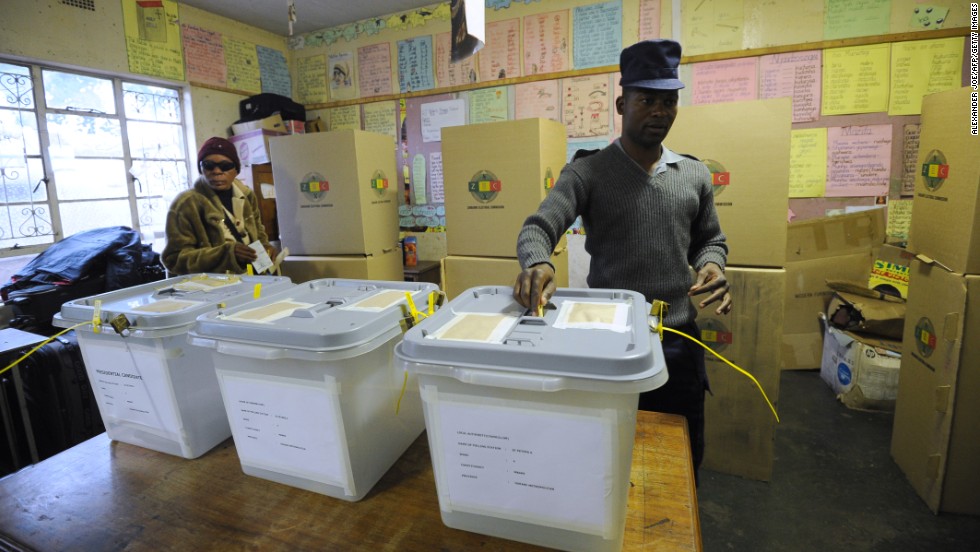
ZIMBABWEANS are heading to the ballot box next week in one of the most hotly contested by-elections in the post-Independence era.
The battle lines have been drawn.
Zanu PF and the Citizens Coalition for Change (CCC) are fiercely competing for dominion in the vacant council and parliamentary seats on March 26.
Rallies by both parties have turned to a game of numbers.
Both parties, in recent weeks, have enjoyed well-attended gatherings.
However, the security apparatus, particularly the police, have been blamed by CCC for blocking some of its rallies, for example, the Rudhaka meeting in Marondera last weekend.
CCC faced the same hurdles in Binga, Matabeleland North province.
Vice-President Constantino Chiwenga pulled a Pontius Pilate; he washed his hands and flatly blamed the police for banning CCC rallies.
- Chamisa under fire over US$120K donation
- Mavhunga puts DeMbare into Chibuku quarterfinals
- Pension funds bet on Cabora Bassa oilfields
- Councils defy govt fire tender directive
Keep Reading
“Please deal with the police, and don’t blame anything on the government or Zanu PF because Zanu PF is also applying to the Zimbabwe Republic Police to get clearance for its rallies,” the VP told ruling party supporters in Dangamvura, Mutare.
The police’s heavy-handedness in dealing with the opposition has reignited the debate around the conflation of the security apparatus and Zanu PF.
The securocrats are the power behind Zanu PF hegemony. This is why the late former president Robert Mugabe had a long 37-year rule until he was toppled by the military in November 2017.
These are indeed some of the complexities of involving the security sector in politics.
As the nation prepares for the by-elections, CCC is raising complaints over an uneven playing field.
Zanu PF is campaigning unhindered. CCC is having nightmares; its rallies are blocked while violence disrupts its gatherings. Other fringe political parties such as the MDC Alliance led by Douglas Mwonzora enjoy a free reign.
Events leading to the forthcoming by-elections have poked holes into the level of democracy in Zimbabwe.
Zanu PF – even 42 years after independence – does not tolerate multi-partyism, which is a hallmark of democracy.
One of the founding fathers of Africa, Julius Nyerere abandoned the one-party system after it failed to transform Tanzania into a socialist egalitarian nation.
The Ujamaa socialist approach which was believed to be a departure from western capitalism and the Soviet Union’s communism did not work.
In the same breath, the de facto one-party-state system preferred by Zanu PF is not good for democracy.
Mugabe, a charismatic socialist, tried it and failed.
The government must open up the democratic space by allowing opposition parties to campaign freely ahead of the by-elections and the 2023 polls, otherwise the skewed electoral processes will produce contested outcomes and buttress autocratic rule in a country at pains to re-engage with the international community.
Having endless disputed elections is unprofitable for a country trying to rebuild its economy.











